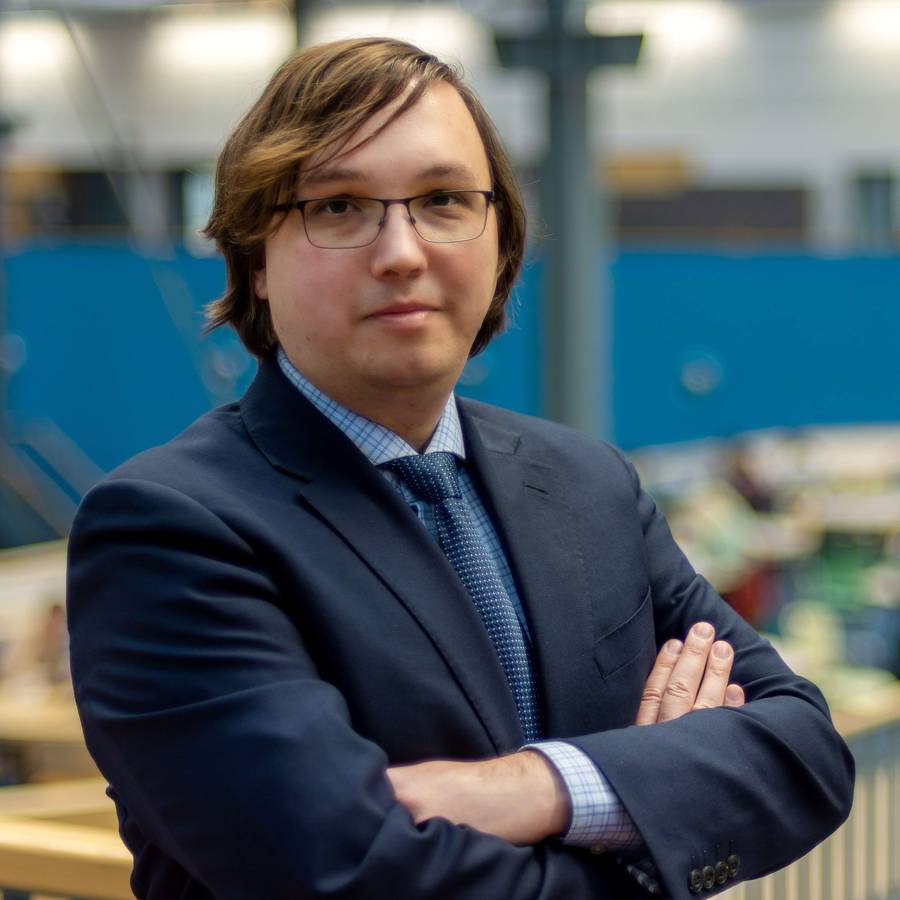Alex Stefanov, RESCUE research leader and head of Cyber Resilient Power Grids at TU Delft:
“Within our RESCUE project, the collaboration between our research team and the industry partners is going well. We have been able to appoint three PhD students within TU Delft and CWI, the Center for Mathematics and Computer Science. Together with them and partners such as Tennet, ENCS, DNV and Siemens, we are working on a safe and resilient energy system.
We do this by focusing on three things, namely resilience training for the power system operators, what we call 'intrusion detection' and incident response strategies. For this we use, among other things, our 'control room of the future' in Delft.
One of the state of the art technological innovations we are working on, is the development of a digital twin of the integrated electricity system in the Netherlands and Europe. This allows us to run all kinds of cyber security scenarios. Due to national security issues, we cannot use the real life systems and data of grid operators. That is why our team uses synthetic models and networks that have the same properties without revealing sensitive information. We now have a realistic and working model for this.
This allows us to answer questions such as: what is the impact of a large-scale attack on our energy system? Will power system stability be affected? And how long will it take until the system collapses. As a researcher, you have to think and act like an attacker to get your defense in order.
Through our work recently we have already found a number of potential weaknesses in our system. We will publish a paper on this soon.
These insights are not only interesting from a scientific point of view. We also help our partners to develop strategies and training together with them based on their own professional practice. This starts with creating awareness among all involved about the seriousness of this issue. And then use simulations and experiments to discover together what works and what doesn't. And by subsequently training the professionals at the grid operator in this new way of working, they can act more effectively when a real cyber-attack occurs. That is perhaps the most challenging thing, the people factor.
Technically, we have come a long way. Although it is also a very complex task to get such an integrated model working and to run the various simulations. In addition, we want to develop the energy infrastructure of the national and European energy system in our digital twin in an even more granular manner. This still requires significant investments in the computing power of our computers.
But the coordination and alignment between technology and the human side, the behavioural side, makes it complex. At the same time, this ensures that the research is also very socially impactful when it succeeds. So we will focus on that even more in the coming years.”

